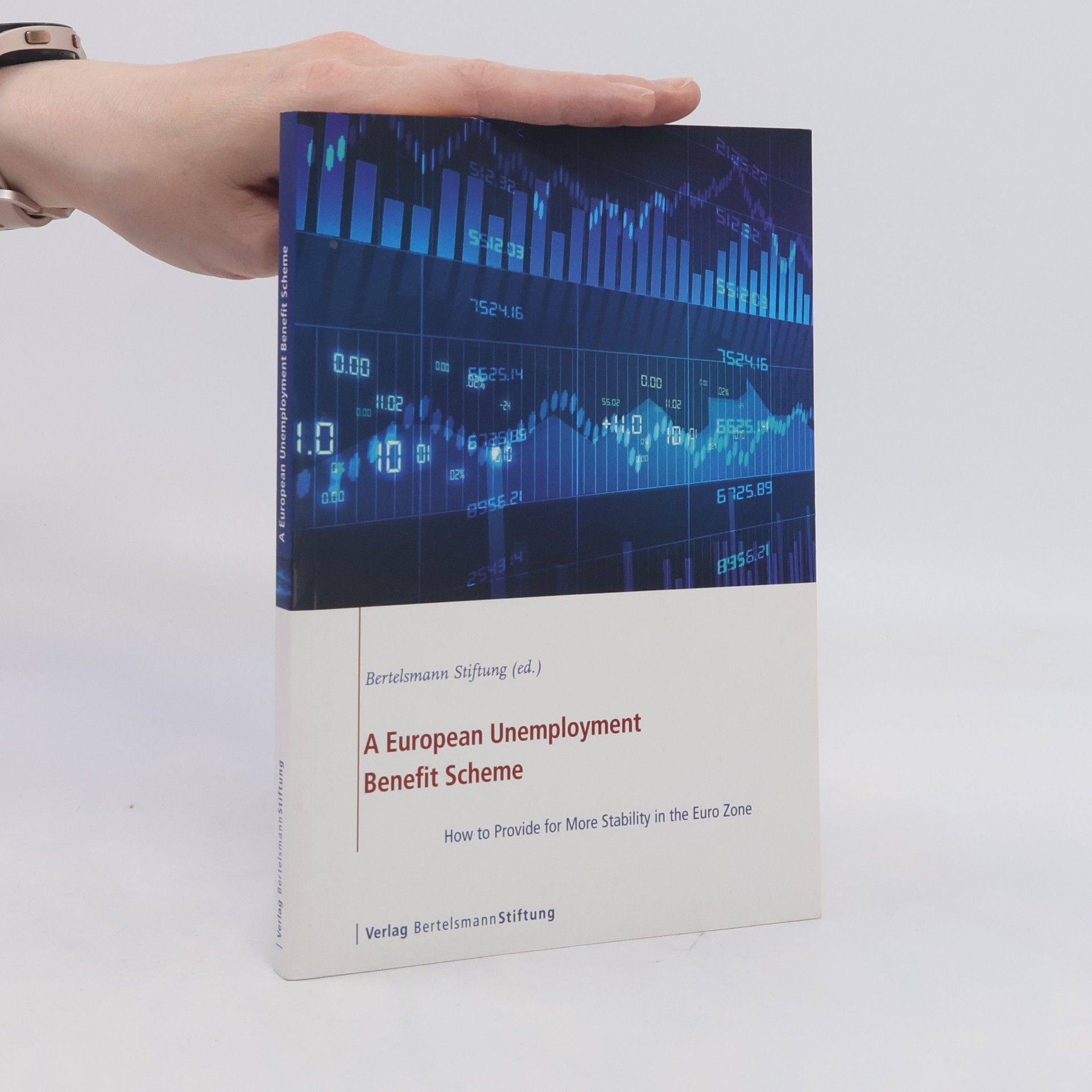Decent Capitalism
- 227 stránek
- 8 hodin čtení
Sets out realistic alternatives to the neoliberal capitalism that caused the global crisis




Sets out realistic alternatives to the neoliberal capitalism that caused the global crisis
The recent euro crisis and the dramatic increase of unemployment in some euro countries have triggered a renewed interest in a fiscal capacity for the European Union to stabilize the economy of its member states. One of the proposed instruments is a common European unemployment insurance. In this book Sebastian Dullien from the HTW Berlin provides and evaluates a blueprint for such a scheme. Building on lessons from the unemployment insurance in the United States of America, he outlines how a European unemployment benefit scheme could be constructed to provide significant stabilization to national business cycles, yet without strongly extending social protection in Europe. Macroeconomic stabilization effects and payment flows between countries are simulated and options, potential pitfalls and existing concerns discussed.
Kann Kapitalismus gut sein? Ja - wenn er an die Leine genommen wird! Die globale Krise hat gezeigt, dass der Kasinokapitalismus vor allem einer kleinen superreichen Elite nutzt. Das hat jedoch nichts mit einem »guten Kapitalismus« zu tun. Wie kann man dem Kapitalismus seine Dynamik entlocken und gute Arbeit und Wohlstand für alle erreichen? Wie kann man die Risiken von Finanzmärkten auf ein Minimum reduzieren, ohne dabei die einzigartige Dynamik dieser Märkte außer Kraft zu setzen? Antworten darauf und auf die Frage nach dem richtigen Grad an Regulierung des Marktes durch Staat und Gesellschaft bietet dieses Buch. Es beschreibt den Weg hin zu einem Wirtschaftsmodell, das allen Menschen zugutekommt. Mit einem Vorwort von Gesine Schwan.
Die Einführung des Euro als gemeinsame Währung war umstritten, da erhebliche Wachstumsverluste und Verwerfungen befürchtet wurden. Diese Arbeit zeigt, dass Deutschland von der Europäischen Währungsunion (EWU) profitieren kann. Zum einen wird ein sinkendes Zinsniveau und bessere Finanzierungsbedingungen für Unternehmen in den Teilnehmerstaaten erwartet. Deutschland profitiert direkt und indirekt durch eine höhere Nachfrage nach deutschen Produkten im Euro-Raum. Simulationsstudien belegen, dass Unterschiede in den Sozialversicherungssystemen der EWU-Staaten kein Problem darstellen, da die Kosten bereits in den früheren Entwicklungen der Wechselkurse und Löhne berücksichtigt wurden. Lediglich zukünftige Veränderungen der Finanzierungsstrukturen der Sozialversicherungen könnten die Wettbewerbsposition beeinflussen. Risiken für die wirtschaftliche Stabilität der EWU-Länder bestehen in einem möglichen Lohnsenkungswettlauf, der Reallöhne schneller sinken lassen könnte als den Konsum, was die Nachfrage und Umsatzerwartungen der Unternehmen gefährden würde. Auch eine unzureichend expansive Geldpolitik könnte negative Effekte nach sich ziehen. Diese Gefahren lassen sich jedoch abmildern, wenn die Reallöhne in jedem Land an der Produktivitätsentwicklung ausgerichtet werden. Analysen zeigen, dass die reale Konvergenz in den EWU-Ländern bislang noch nicht überall erreicht ist.